The United States celebrates Asian Pacific American Heritage Month
Places such as Chinatown in San Francisco, Calif. are home to many celebrations during Asian Pacific American Heritage Month.
In the United States, the month of May is officially recognized as Asian Pacific American Heritage Month (APAHM). The month recognizes and celebrates the history, culture and achievements made by generations of Asians and Pacific Islanders in the country. While many Americans may be unfamiliar with this annual celebration, the roots of APAHM reach back to the 1970s.
In 1976, Jeanie Jew, former Capitol Hill staffer and board member of the Organization of Chinese Americans, began to contact government officials about recognizing Asians and Pacific Islanders in United States history. Jew was frustrated that Asian and Pacific Islander Americans were not recognized in the U.S. bicentennial celebrations that occurred earlier that year.
In June 1977, Congressman Frank Horton of New York introduced a bill asking the president to declare the week of May 4 as Asian Pacific American Heritage Week. The week of May 4 was chosen by the drafters of the bill as it coincides with two monumental events: the arrival of the first Japanese immigrants to the U.S on May 7, 1843, and the completion date of the Transcontinental Railroad, which thousands of Chinese immigrants helped build, on May 10, 1869.
On Oct. 5, 1978, President Jimmy Carter signed the bill into law, but the bill did not contain a provision for annual designation. Advocates for the bill had to reapply to Congress every year for Asian Pacific American Heritage Week to be proclaimed. Over a decade later on Oct. 23, 1992, Congress officially extended Asian Pacific American Heritage Week to last the entire month of May every year.
During the month of May, many festivals are held across the country to celebrate the food, music, dance, and traditions of Asian and Pacific Islander cultures. However, due to the COVID-19 pandemic, these celebrations had to be canceled this year. Although it is not possible to celebrate and pay tribute in person, community leaders are finding ways to work around these circumstances.
The Asian Art Museum in San Francisco, Calif. has begun sharing its world-class collections of Asian art, ceramics, jewelry, and clothing via social media. The museum offers online demos, behind the scenes videos, and storytelling tours on Instagram. “I’m incredibly proud of my colleagues and institutional partners who have shown just how resilient cultural communities can be in a challenging moment,” said Jay Xu, CEO and director of the Asian Art Museum.
Earlier this month, PBS aired a new docuseries titled “Asian Americans” which explores over 150 years of Asian American history. Organized in chronological order, each of the five episodes covers a specific time period. Renee Tajima-Peña, professor of Asian American studies at the University of California, Los Angeles and producer of “Asian Americans”, has been pushing for a film on Asian Americans on PBS for 25 years. “We wanted to change the narrative that Asian Americans are generally seen as either the model minority or the perpetual foreigner, as a threat. That’s the myth. And we wanted to show that Asian Americans have been deeply a part of the American story for over 150 years, Tajima-Peña said.
While the COVID-19 pandemic has created the need for alternative celebrations, the pandemic has also led to an increase in anti-Asian sentiments in the U.S. and across the globe. Regardless of their ethnicity, Asian Americans are being verbally and physically attacked due to the misperception that they are responsible for the spread of COVID-19 to the U.S. After virtually meeting with members of the Hmong community in March, Milwaukee Mayor Tom Barrett acknowledged their concerns in an official statement. “In this time of heightening tensions, there are serious concerns in the Asian American community about scapegoating and becoming the targets of misplaced fear and anger,” said Barrett. “No one should live in fear because of who they are, what they look like, or where they come from. This virus knows no borders. It’s wisest to use official names for this pandemic, especially if there is potential to do harm.”
While the Asian and Pacific Islander population at Homestead High School and in the surrounding Mequon-Thiensville area is relatively small, a lot of pride still exists within the community. “I am glad to have grown up as an Indian-American because I feel that I have gotten the best of two worlds. To have access to the great cultures and ideologies of the East and the West is a blessing,” Rohan Kaushal, senior, said.
For more information on Asian Pacific American Heritage Month, you can visit their website here.

Allison Yang is a senior at Homestead High School, and this is her third year on staff for Highlander Publications. When she’s not worrying about her...

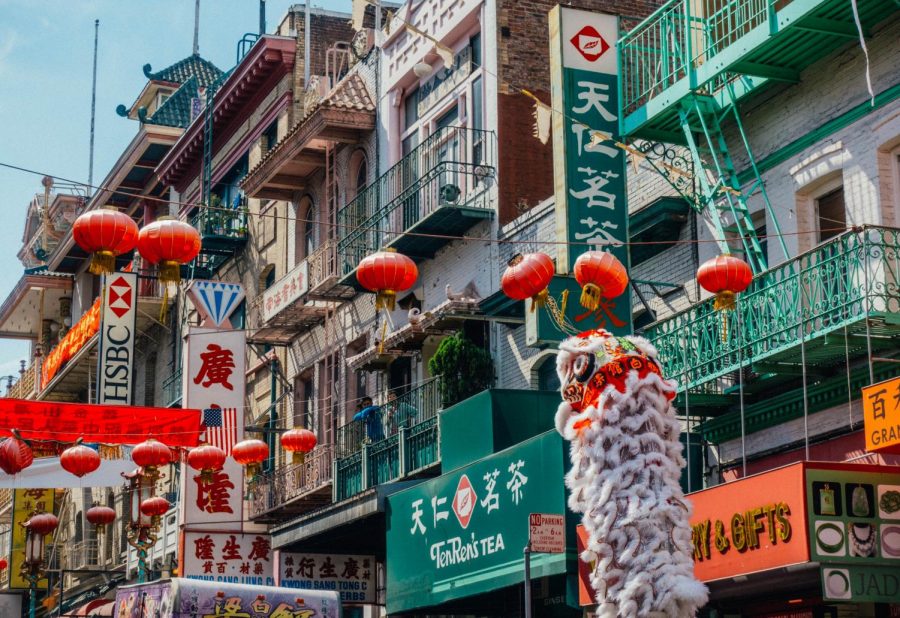
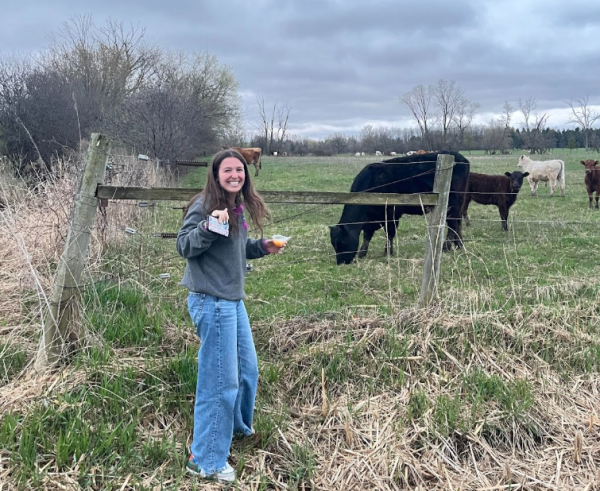
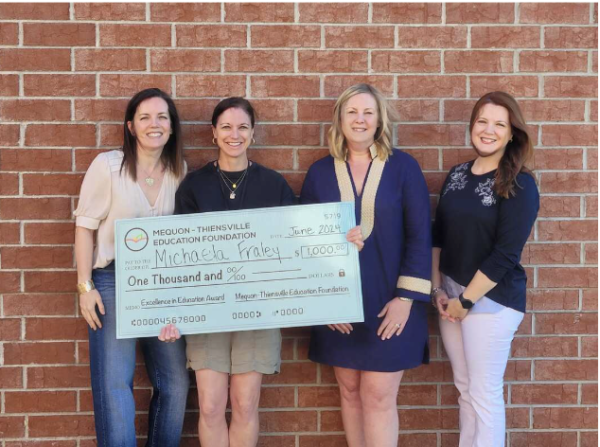
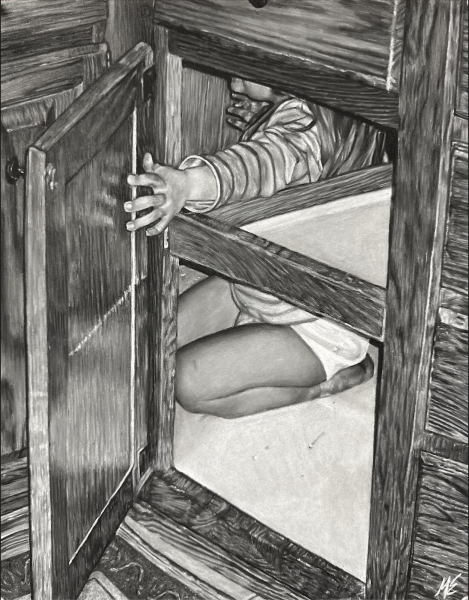
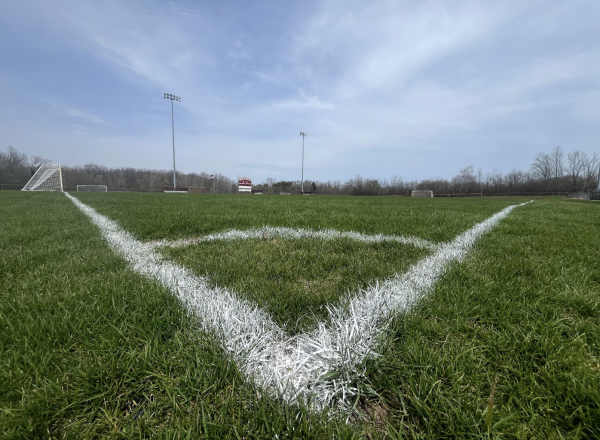
Mick Hammer • May 19, 2020 at 6:00 pm
Hi Allison, Wow what an interesting article and so well done. I learned a few things that I sure didn’t know. So proud of you and wish you much success as you venture in to the next phase of your life. Congratulations on your High School graduation and on to college. Wish we would get to see you before you leave for college but with this virus I know it is difficult for all. Sending love from Iowa City, IA. Your Aunt Mick
Sue Dietz • May 19, 2020 at 3:11 pm
I loved this article Allison. I think we need to celebrate the contributions of all the cultures that make up the fabric of our country. Before you went to Lakeshore MIddle School Mike used to have a gentleman who was Japanese American come to speak to the students. My Ozaki and his family were interred in a “relocation camp. He served his coutry proudly in WWII. I know it was a real eye opener for some students.
I learned things I did not know from you article. It was very nicely written. You have a gift Allison. It willbe fun to follow you as you move on to the next phase of your life. Congratulations!
Sue Dietz